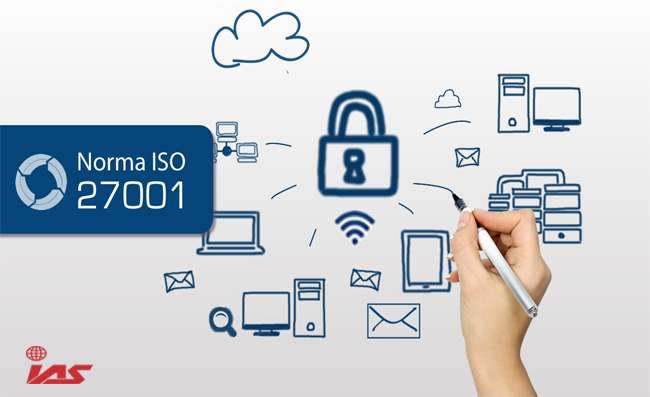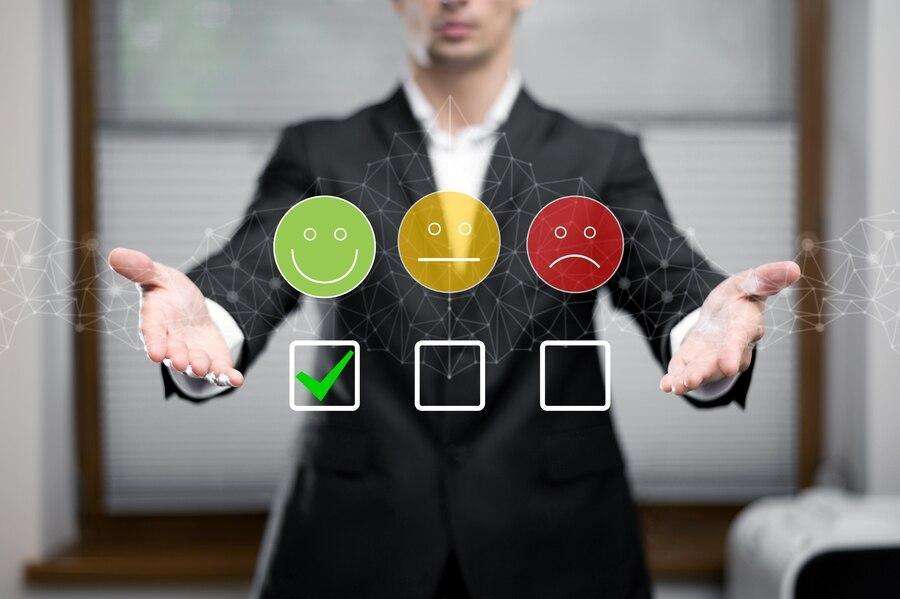Protecting Student Data: Ensuring Confidentiality and Privacy in Educational Institutions
In today’s digital age, educational institutions handle vast amounts of sensitive student data, including personal information, academic records, and financial details. Protecting student data is of paramount importance to maintain confidentiality and privacy. By obtaining ISO 27001 certification, educational institutions can establish robust information security management systems to safeguard student data.
ISO 27001 certification guides educational institutions in implementing comprehensive data protection measures. This includes conducting regular risk assessments to identify potential vulnerabilities, implementing access controls to limit data access to authorized personnel, and encrypting sensitive information to prevent unauthorized disclosure. Additionally, it involves establishing clear policies and procedures for handling and storing student data securely.
Educational institutions must also prioritize staff training and awareness programs to ensure that all personnel understand the importance of protecting student data and are equipped with the knowledge to handle it securely. ISO 27001 certification emphasizes the need for ongoing training to address emerging threats and promote a culture of data security.
Securing Online Learning: Safeguarding Digital Platforms and Virtual Classrooms
With the increasing prevalence of online learning, educational institutions face unique information security challenges. Securing digital platforms and virtual classrooms is essential to protect student data, maintain academic integrity, and ensure uninterrupted learning experiences. ISO 27001 certification provides educational institutions with a framework to address these challenges effectively.
Educational institutions can leverage ISO 27001 certification to implement robust security measures for online learning platforms. This includes implementing strong authentication mechanisms to prevent unauthorized access, encrypting data transmission to maintain confidentiality, and regularly updating and patching systems to address vulnerabilities. ISO 27001 certification also emphasizes the need for disaster recovery plans and backups to ensure the availability and integrity of online learning resources.
To further enhance security, educational institutions should establish clear guidelines and policies for online interactions, addressing issues such as privacy, acceptable use, and data sharing. Educators and students should receive training on best practices for online security, including password management, recognizing phishing attempts, and protecting personal information. ISO 27001 certification emphasizes the importance of ongoing security awareness programs to promote a secure online learning environment.
Defending against Cyber Threats: Enhancing Information Security in Educational Environments
Educational institutions are prime targets for cyber threats due to the wealth of sensitive data they possess. From ransomware attacks to data breaches, the consequences of a successful cyber-attack can be detrimental to both students and institutions. ISO 27001 certification empowers educational institutions to defend against cyber threats and enhance their information security posture.
ISO 27001 certification encourages educational institutions to conduct regular risk assessments to identify potential vulnerabilities and prioritize security measures accordingly. This includes implementing firewalls, intrusion detection systems, and antivirus software to protect against external threats. It also involves establishing incident response plans to ensure a swift and effective response to any security incidents.
Educational institutions should also focus on employee training and awareness programs to create a vigilant workforce capable of identifying and mitigating cyber threats. Educators and staff should be educated on best practices for email security, safe internet browsing, and the responsible use of technology. ISO 27001 certification emphasizes the importance of ongoing security training to address emerging threats and promote a culture of security awareness.
Promoting Data Governance: Establishing Effective Policies and Procedures for Student Information
Effective data governance is crucial for educational institutions to ensure proper handling, storage, and usage of student information. ISO 27001 certification assists educational institutions in establishing robust data governance frameworks.
ISO 27001 certification requires educational institutions to develop and implement clear policies and procedures for managing student information. This includes defining data retention periods, establishing protocols for data sharing and access control, and ensuring compliance with applicable data protection regulations. By adhering to these policies and procedures, educational institutions can minimize the risk of data breaches, unauthorized accessand inadvertent data exposure.
To promote effective data governance, educational institutions should establish data classification frameworks to categorize student information based on its sensitivity and define appropriate security controls accordingly. This ensures that data is adequately protected based on its level of confidentiality.
ISO 27001 certification also emphasizes the importance of regular audits and reviews to assess the effectiveness of data governance practices. Educational institutions should conduct internal audits to identify any gaps or areas for improvement in their data governance processes. These audits help in ensuring that policies and procedures are followed consistently and that data is handled securely at all times.
In addition, educational institutions should consider implementing technologies that support data governance, such as data loss prevention (DLP) systems, encryption tools, and identity and access management solutions. These technologies provide additional layers of protection to safeguard student information.
By obtaining ISO 27001 certification and focusing on data governance, educational institutions can instill confidence in students, parents, and stakeholders that their personal and academic data is being handled responsibly and securely. It helps in maintaining compliance with relevant data protection regulations, building trust, and safeguarding the reputation of the institution.
Empowering Educators: Training and Awareness Programs for Information Security in Education
Educators play a vital role in ensuring the security of student data and the overall information security posture of educational institutions. ISO 27001 certification emphasizes the importance of empowering educators through training and awareness programs.
Educational institutions should provide comprehensive information security training to educators to equip them with the knowledge and skills necessary to handle student data securely. This training should cover topics such as data protection, password hygiene, safe internet browsing, and email security. Educators should also be trained to recognize and report potential security incidents or suspicious activities promptly.
ISO 27001 certification encourages educational institutions to establish a culture of security awareness by regularly conducting awareness programs and disseminating relevant security guidelines and best practices. This helps to reinforce the importance of information security among educators and create a collective responsibility for protecting student data.
Educators should be encouraged to stay informed about the latest trends and developments in information security, as well as emerging threats targeting educational institutions. By staying updated, educators can adapt their teaching practices to include cybersecurity awareness, educate students about safe online behavior, and effectively respond to security incidents.
Empowering educators with information security knowledge not only helps protect student data but also serves as a valuable educational opportunity for students. It instills good cybersecurity habits, prepares them for the digital world, and contributes to creating a secure and responsible online learning environment.
In conclusion, ISO 27001 certification provides educational institutions with a framework to address information security challenges effectively. By focusing on protecting student data, securing online learning platforms, defending against cyber threats, promoting data governance, and empowering educators, educational institutions can ensure a secure and trusted learning environment for students, faculty, and staff. ISO 27001 certification establishes a strong foundation for information security, enhances the institution’s reputation, and fosters a culture of data protection in the educational sector.
Mitigating Insider Threats: Strengthening Internal Security Controls with ISO 27001 Certification
Insider threats pose a significant risk to the security of educational institutions’ sensitive data. These threats can arise from employees, contractors, or even students who have authorized access to the organization’s systems and information. ISO 27001 certification plays a crucial role in mitigating insider threats by strengthening internal security controls.
Educational institutions need to implement robust access control mechanisms as part of their ISO 27001 certification efforts. This involves defining user roles and privileges, implementing strong authentication mechanisms, and regularly reviewing and updating access rights. By enforcing the principle of least privilege, where individuals are granted only the necessary access required to perform their duties, the risk of insider misuse or unauthorized access can be significantly reduced.
ISO 27001 certification also emphasizes the need for proper segregation of duties within educational institutions. This ensures that no single individual has excessive control or access to critical systems or data. By dividing responsibilities and implementing checks and balances, the organization can prevent potential abuse of privileges and detect any suspicious activities more effectively.
In addition to access controls, ISO 27001 certification encourages educational institutions to establish robust monitoring and auditing mechanisms. This includes implementing logging systems to track user activities, conducting regular security audits, and analyzing system logs for any signs of unusual or unauthorized behavior. By monitoring and analyzing these activities, organizations can quickly identify and respond to any potential insider threats.
Educational institutions should also prioritize employee awareness and training programs focused on identifying and reporting insider threats. By educating staff members about the signs of suspicious behavior, the potential consequences of insider threats, and the importance of reporting any concerns, organizations can create a culture of vigilance and ensure that all employees are actively involved in mitigating insider risks.
ISO 27001 certification provides a framework for educational institutions to establish robust internal security controls and mitigate the risks associated with insider threats. By implementing stringent access controls, segregating duties, monitoring activities, and promoting employee awareness, educational institutions can significantly reduce the likelihood and impact of insider threats, safeguarding their sensitive data and maintaining a secure learning environment.









